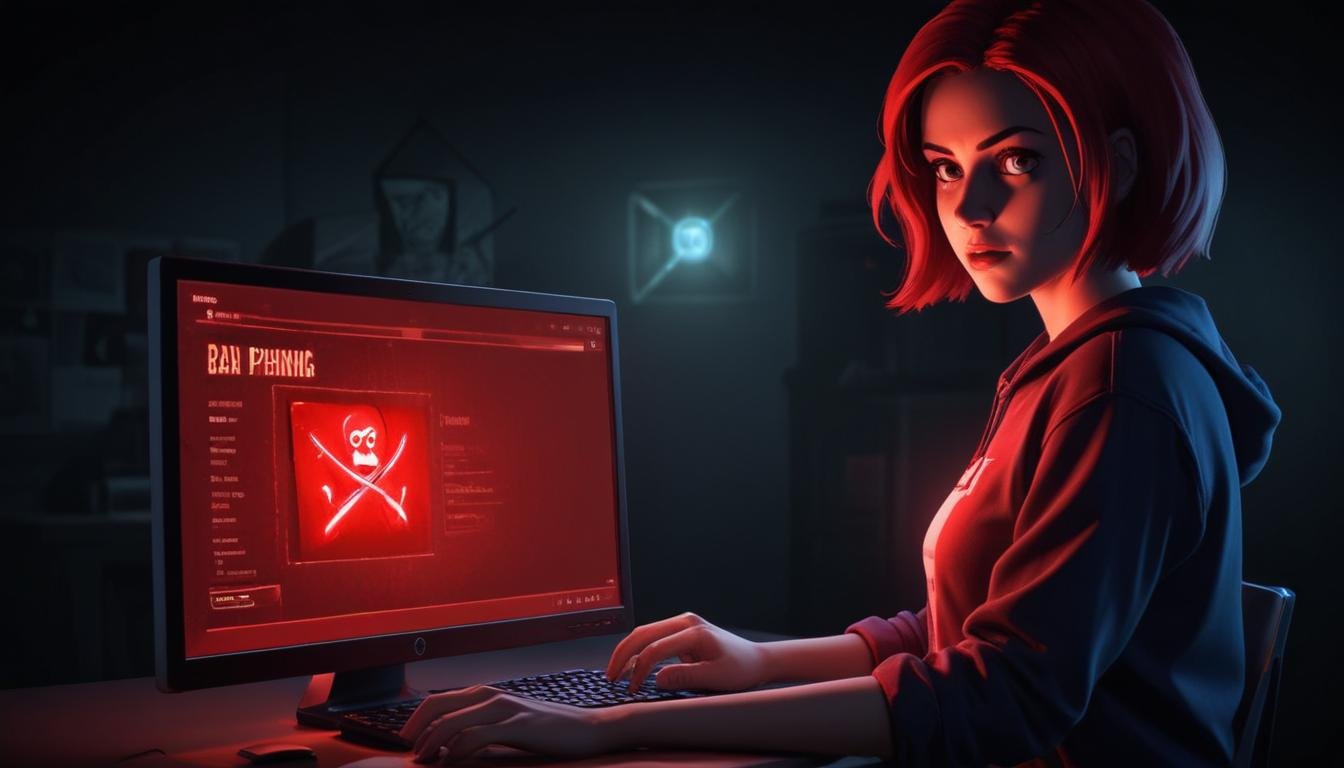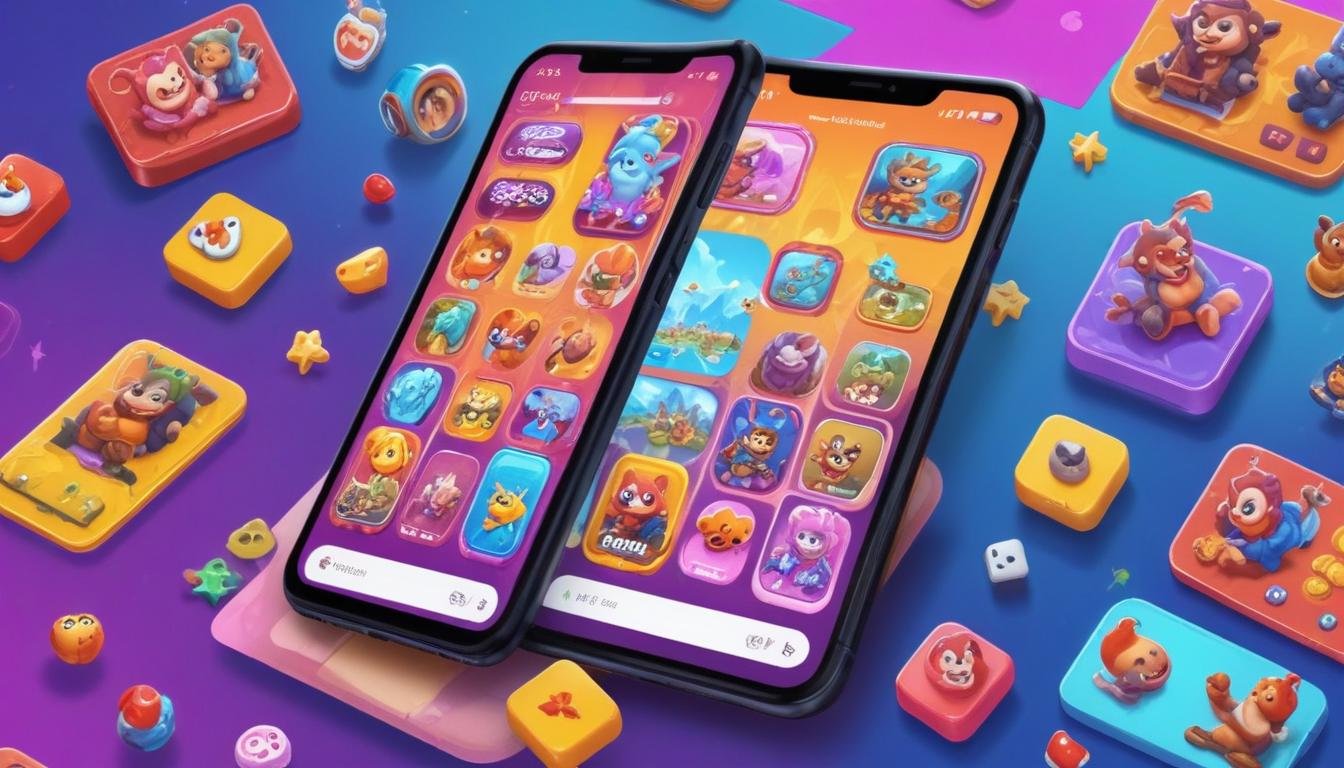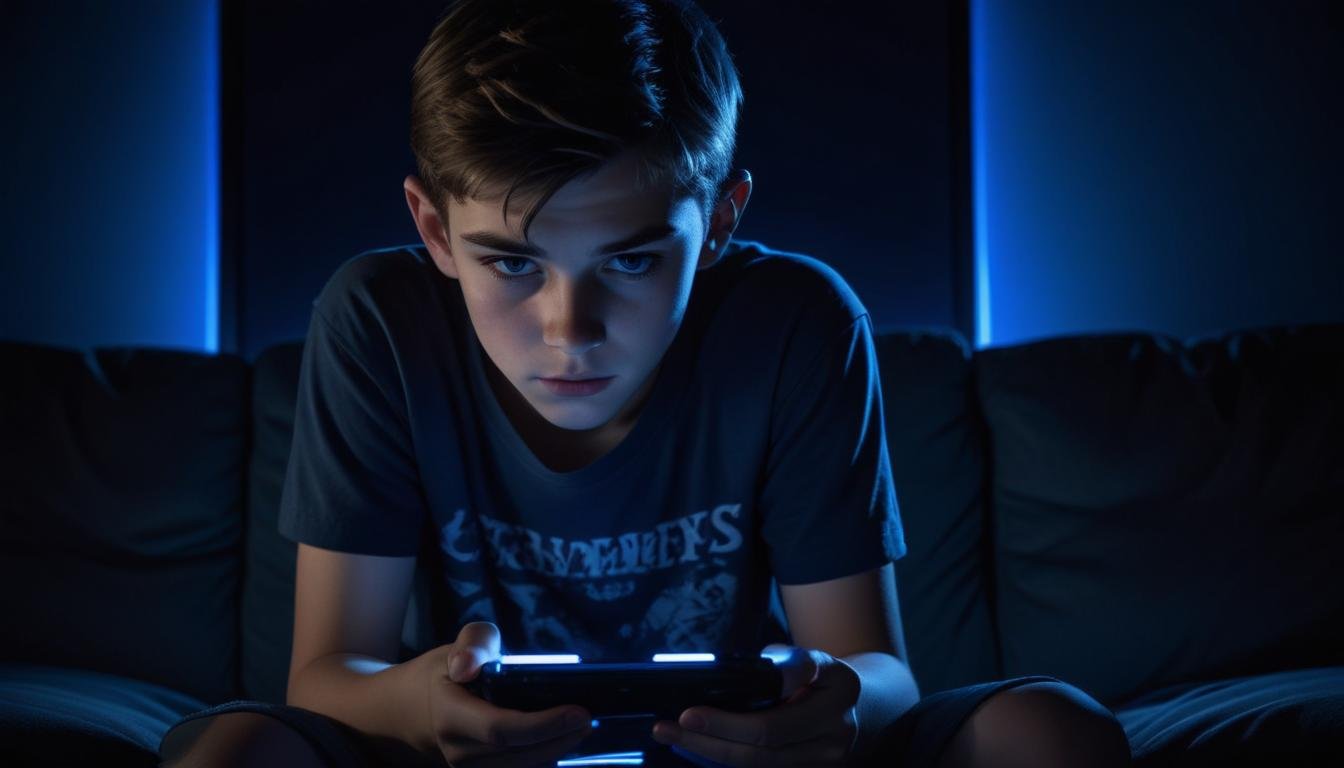Understanding the Importance of Gaming Security
As a cybersecurity expert, I have seen firsthand how important it is to keep our gaming experiences safe and fun. When my kids play games, I often think about hacking risks and how they can affect them. It’s a serious topic, but it can also be very interesting! My son Robert, who is 14, plays a lot of online games. He talks about all the cool things he can do in them. But I have to remind him that there are people out there who might try to hurt his gaming experience. I try to explain to him and his siblings, Mark, Matthew, and Patricia, why gaming security matters.
Just the other day, Michelle and I were talking about our family computer and how we can protect it. I shared a story from my work where someone tried to steal data from a game server. When that happens, players can lose their personal information or even in-game items. I told the kids that this is called data theft. They were wide-eyed and really listened. I want them to understand that every time they play, they should think about being safe.
I encourage my kids to talk to me if they ever see something strange while gaming. For example, if they receive a message from someone they don’t know, I remind them to be careful. Just like we wouldn’t talk to strangers in real life, we need to be cautious online too! My parents, Michael and Julia, taught me the importance of being safe when I was growing up, and now I’m passing that knowledge to my kids.
Teaching them about these topics is not just about being cautious. It’s about being smart and having fun without worries. I always tell my kids that knowledge is power. The more they understand about hacking risks, the safer they will be. And the more fun they can have while playing their games! Seeing them get excited about learning helps me feel proud as a dad. It’s wonderful to know that they are building skills for their future.
Common Hacking Tactics Used in Games
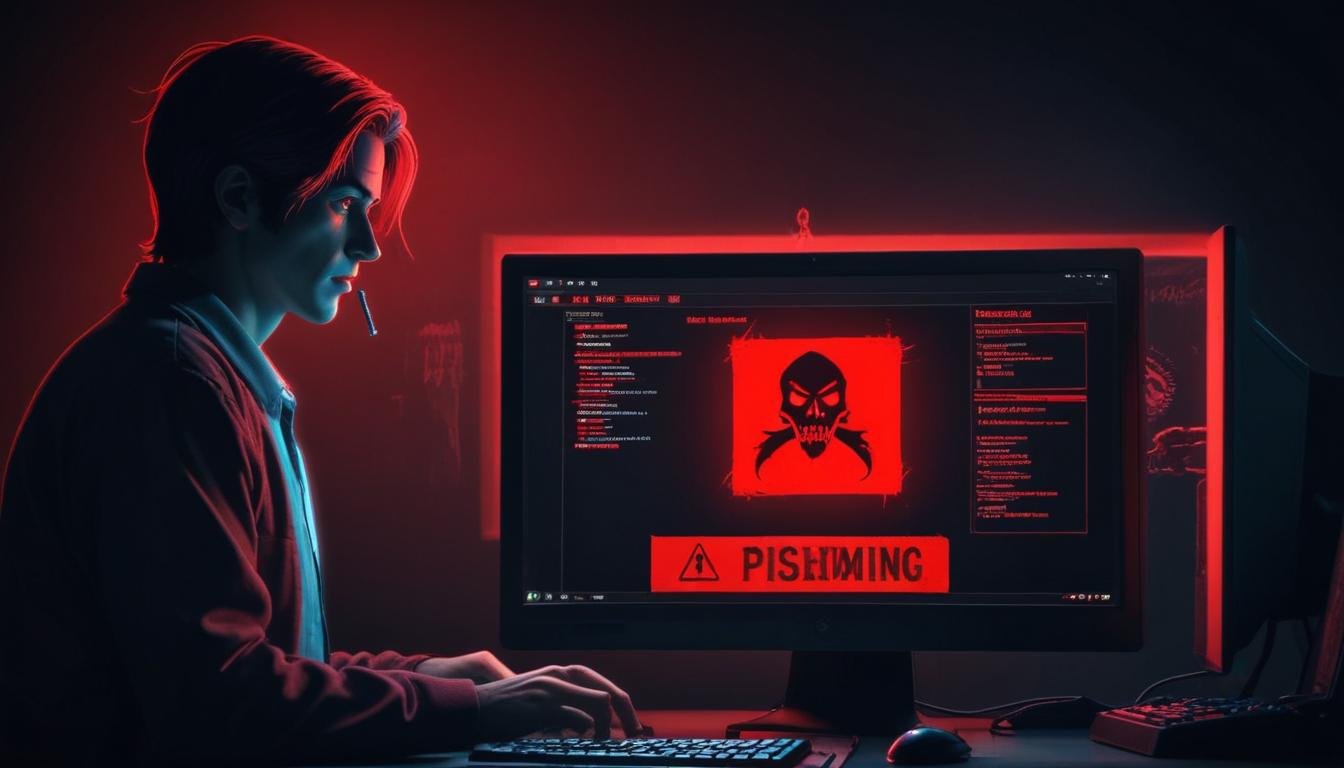
There are many ways that hackers try to mess with games, and it’s important for all of us to know about them. Sometimes, hackers use tricks that seem harmless but can really cause problems. For example, they might use “phishing.” This is when they send fake messages or emails that look real. They hope someone will click on a link that can steal their information. I once got a message that seemed like it was from a game I loved. Luckily, I knew enough to check it out before clicking anything! I explained to Robert and Patricia that they should always double-check where a link comes from before clicking. It’s like making sure a stranger isn’t offering candy in a park—they should run the other way!
Another common trick is called “cheating software.” Some players use it to get an unfair advantage in games. This might sound fun, but it can lead to severe consequences. Not only can accounts get banned, but it can also open the door to more hacking risks. My twin sons Mark and Matthew are just starting to explore online gaming. I’ve told them that winning is great, but playing fair is even more important. They want to be known for their skills and teamwork, not for cheating. It’s all about building their reputation in the gaming community!
Then there’s “data theft.” Hackers might try to steal personal information, like names, addresses, or passwords while you’re playing. This can be really scary! I told my kids a story about how a game I worked with was targeted once. Many players lost their information. Thankfully, we caught it in time, but it made me realize how careful we must be. I made it clear to Robert that he should never share his password with anyone, even if they say they are from the game. Just like he wouldn’t share his lunch with someone he doesn’t know at school!
It’s crucial for us, especially as a family, to talk about these tactics openly. I love that we have family game nights because they often lead to these important discussions. When we play together, I can point out signs of hacking and encourage safe gaming practices. Together, we can create a safe environment while having fun, and that’s the best part! My wife Michelle always says that sharing knowledge makes us stronger, and I believe it. So let’s keep learning and help each other understand the risks out there, so we can game happily and safely!
The Consequences of Hacking for Teen Gamers

When we talk about hacking in games, it’s important to know the real consequences that can happen. This isn’t just about losing a game or getting a bad score; it’s much bigger than that! I remember one time when Robert was really excited about a new game. He worked hard to level up and collect cool items. But then, he heard about a friend who got hacked. Suddenly, all that hard work was gone! His friend’s account was broken into, and all his treasures were stolen. Robert looked worried as he told me what happened. It made him think twice about how careful he needs to be.
That’s when I sat down with the kids, including my twins Mark and Matthew, and Patricia, to explain more about what can happen with hacking risks. I told them that hackers often want to steal personal information, too. This is called data theft, and it can be really scary! I shared a story about a game I worked on where many players had their data stolen. Imagine if someone took your secrets, like your home address or even your password! In our family, we talk openly about these things, and I want my kids to feel safe sharing their concerns.
I explained to them that it’s not just about the game or losing items; it can also affect real life. If someone gets access to your information, it could lead to other problems, like identity theft. We discussed that we have to be smart. When they’re gaming, they should avoid sharing personal details, even if someone seems friendly or asks nicely. Just like how I taught them not to talk to strangers in the park, online safety is so similar!
I often think about how I want the best for my children. That’s why teen education about these risks is so important. I love to encourage my kids to be proactive! For example, I showed them how to set strong passwords and change them regularly. I tr навчall want them to know that they can always rely on me when something feels off in their games.
Creating a safe gaming environment starts with knowledge, and I’m proud that our family can have these discussions. I remind my kids that learning about hacking risks helps them become smarter and more secure gamers. It’s a great feeling to know that as we play together or talk about gaming, we’re not only having fun, but we’re also building skills that will help them for years to come!
Encouraging Safe Gaming Practices

I love to encourage my kids to practice safe gaming habits at home. It’s a great way for us to connect as a family while also making sure we’re all protected from hacking risks. One fun thing we do is create a “Gaming Safety Checklist” together. We sit around the kitchen table with our snacks, and everyone contributes ideas. For example, we list things like never sharing passwords and always logging out of accounts after playing. It’s simple, but it gets everyone involved and makes sure we are all on the same page. I even included little drawings of our favorite game characters to make it more fun for the twins, Mark and Matthew!
I also like to remind my kids how important it is to chat with each other while gaming. When Robert plays with his friends online, I tell him to keep an eye out for anything that seems off. If someone sends a weird message or asks for personal info, he should always tell his friends to be careful too. This way, they can all support one another and keep a watchful eye out for data theft. Sharing this knowledge helps everyone stay safe and feel more comfortable when gaming.
One evening, Michelle and I joined the kids for a family game. We played a popular online game with some of Robert’s friends. During the match, I pointed out what to look for when someone might be trying to trick them. It was exciting to see them learn right then and there! Knowing that they can ask questions and get guidance makes a huge difference in how they approach their gaming adventures.
I often tell my kids that they are role models for their friends. They can lead by example and help their gaming buddies learn about safe practices. After all, not everyone knows about hacking risks, and spreading the word can help keep their friends safe too. I remember when I was young, I learned from my parents how to be safe online, and I want my children to do the same for others. Just like how my mom, Julia, taught me about staying safe in the real world, I want them to share their chat about gaming safety with others as well.
It’s all about teamwork and supporting each other. I believe that with every lesson learned, my children grow. They gain confidence and become stronger gamers. This makes me feel proud as a parent. Teaching them these practices is not just about gaming; it’s about building skills they will carry with them throughout life! Let’s keep sharing, learning, and playing safe together!
FAQ
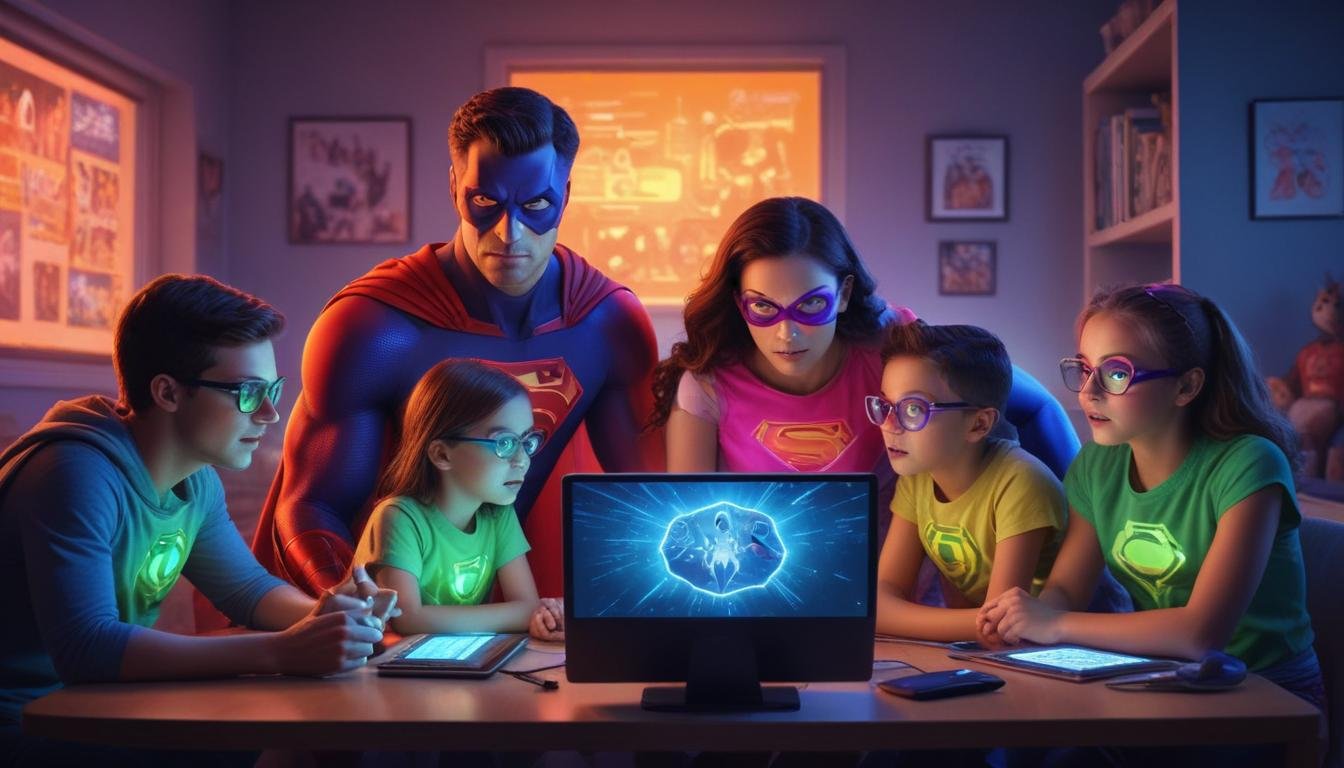
Sometimes, kids have a lot of questions about hacking and staying safe while gaming. It’s great that they’re curious! One day, while I was helping Robert with his homework, he asked, “Dad, what happens if I get hacked?” I smiled and took a moment to explain. I told him that hacking could lead to serious problems, like losing important information or even facing identity theft. Robert looked thoughtful, which made me realize how important it is to share these facts.
Patricia, my daughter who’s in middle school, also wanted to know what she should do if she gets a strange message while gaming. I told her to always talk to us if she sees something that doesn’t feel right. It’s like having a superhero team at home; we’re always here to help! Keeping the conversation open is crucial, and I encourage my kids to ask questions. They can find answers together with us, making it easier to understand everything about hacking risks.
Sometimes, I also share stories from my work as a cybersecurity expert. For instance, I once helped a game company fix a big problem where players lost their accounts because of data theft. I told my kids that some hackers are like sneaky thieves in the night. They want to take something that isn’t theirs, and that’s why we have to be careful. My son Matthew said, “No one should take our game treasures!” I laughed and said he was right! We worked as a family to make sure we’re always being smart while gaming.
I encourage my kids to remember tips I give them, like never giving out personal information or sharing passwords. They know to keep their passwords secure, just like how we keep our front door locked at home. Mark, always eager to learn, even suggested that we have a family password that only we know. I loved his idea! Making it fun and engaging helps them remember. And when I can share my knowledge with them, it helps me feel connected as a dad.
When it comes to education, teen education about online safety is essential. I often tell my kids how important it is to learn about the tools that keep them safe. I explain that even just knowing the basics can help them avoid trouble. Like when I taught Robert how to look for suspicious links, it was a proud moment. He felt more confident, which is what every parent wants.
Let’s keep encouraging and inspiring each other to ask questions and share what we learn. My goal is to guide my children to be smart, safe gamers who enjoy their playtime without worries. It’s amazing to see how much they grow every day, and I cherish the lessons we learn together as a family!
About me
My name is Dr. Victor Lee, and cybersecurity is more than a career; it’s my passion. With a Ph.D. in Computer and Information Security and over 20 years of experience, I’ve witnessed the evolution of cybersecurity firsthand. I believe in sharing knowledge to make a difference, which has led me to teach online college-level courses. My mission is to contribute to protecting the digital world from cyber threats.
I’m happily married and a proud father of four amazing children. My wife, Michelle, is a skilled marketing professional in her 40s. We have twin sons, Mark and Matthew, who are 8 years old and full of energy. Our daughter, Patricia, is a bright 10-year-old excelling in middle school. Our oldest, Robert, is 14 and navigating the exciting world of high school. As a family, we call Fresno, California, our home.
